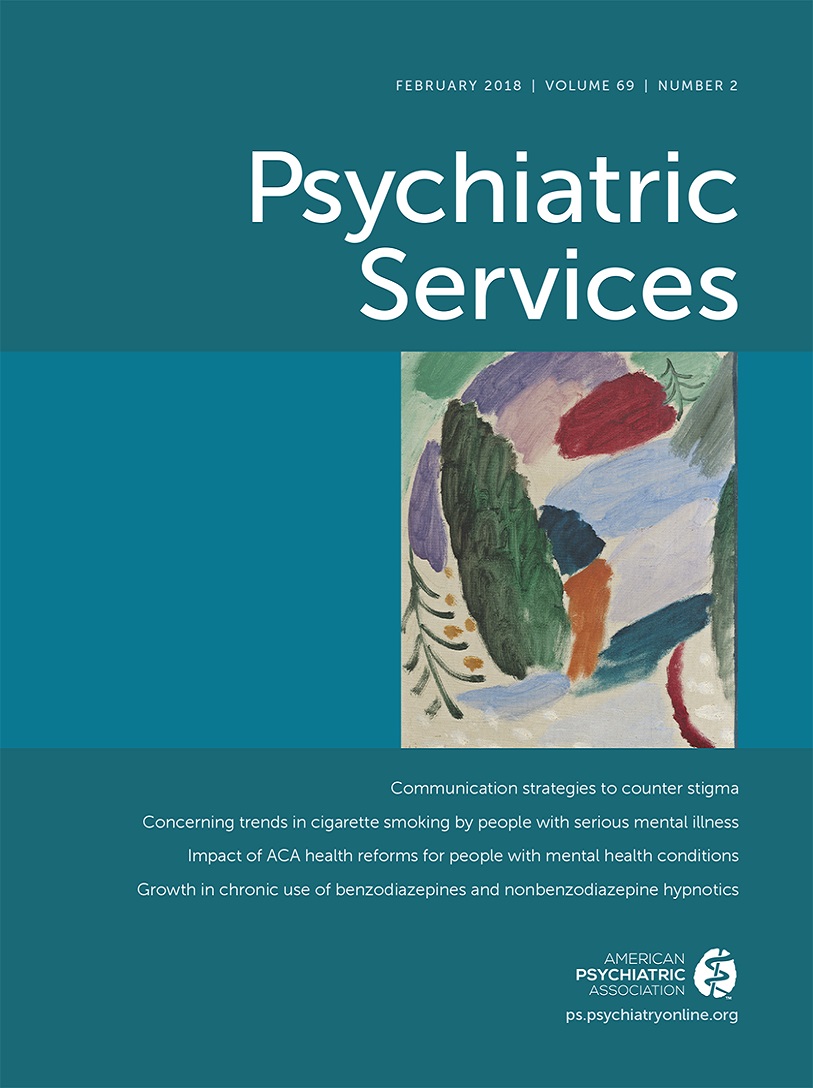Addressing Barriers to Clozapine Underutilization: A National Effort
Abstract
Although clozapine has demonstrated unique efficacy for the treatment of seriously ill patients with refractory psychosis, its real-world use presents challenges to clinicians in a variety of settings, leading to its underutilization in the United States. The barriers include a lack of prescriber knowledge and confidence, negative prescriber attitudes, special monitoring requirements, administrative burden, unprepared health systems, and inadequate appreciation of clozapine’s unique nature by policy makers and payers. In 2016, the National Association of State Mental Health Program Directors (NASMHPD) gathered a national team of expert clinicians and researchers to identify and address barriers to clozapine use. NASMHPD has since expanded the work group, which convenes monthly to continue addressing specific recommendations. This Open Forum describes the deliberations of the work group and urges practitioners, administrators, local and state governments, researchers, families, and patients to join similar efforts to promote better access to clozapine and improve the treatment management for patients receiving clozapine.



